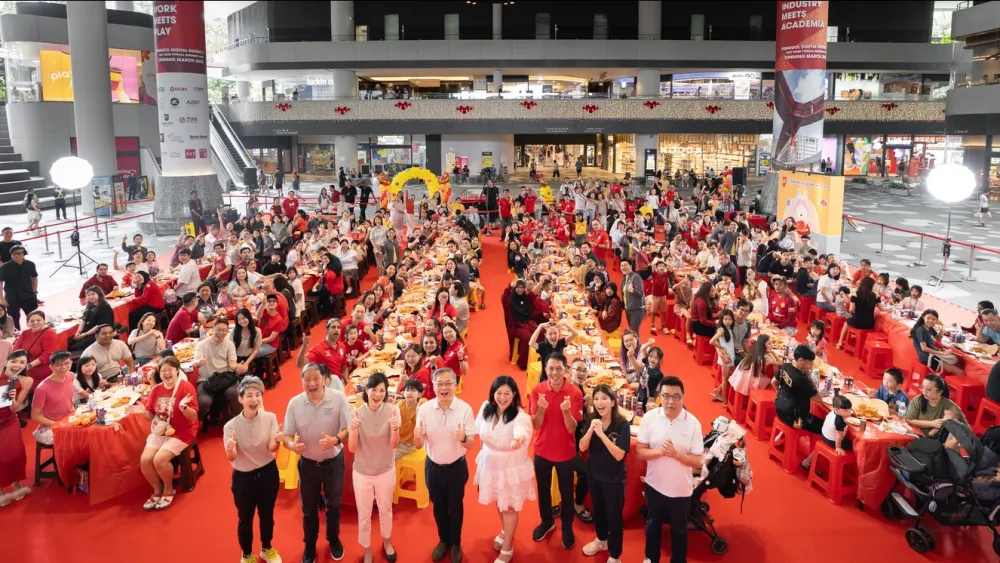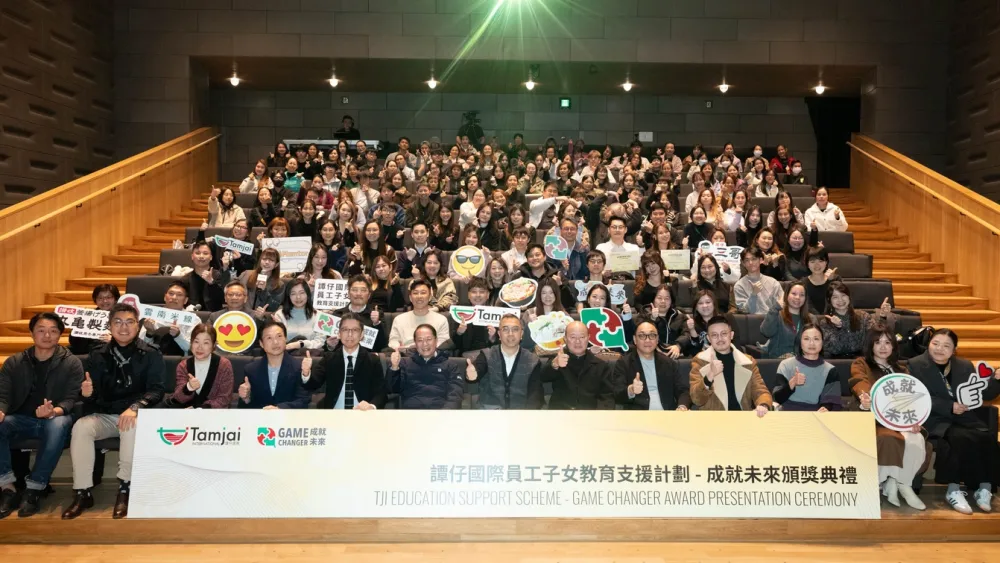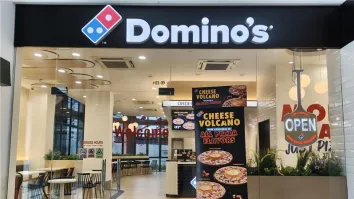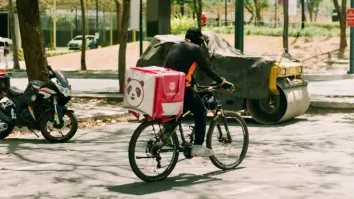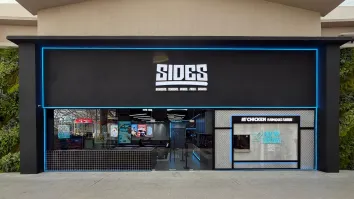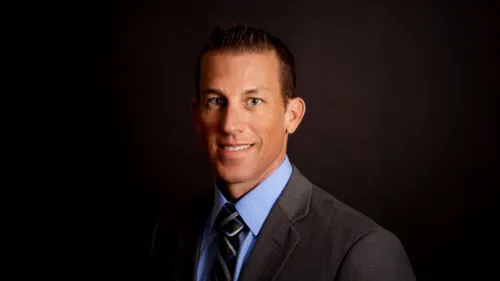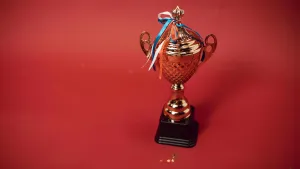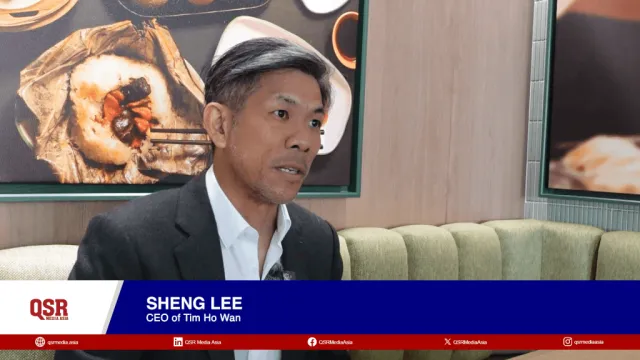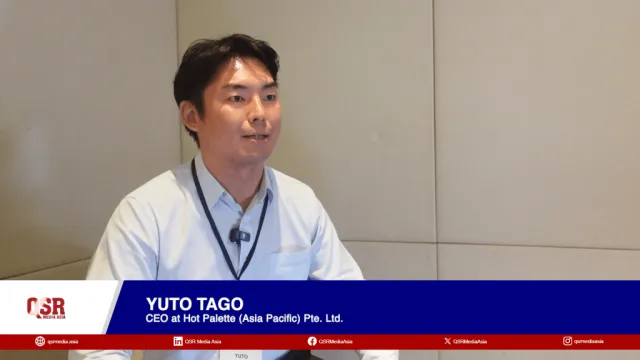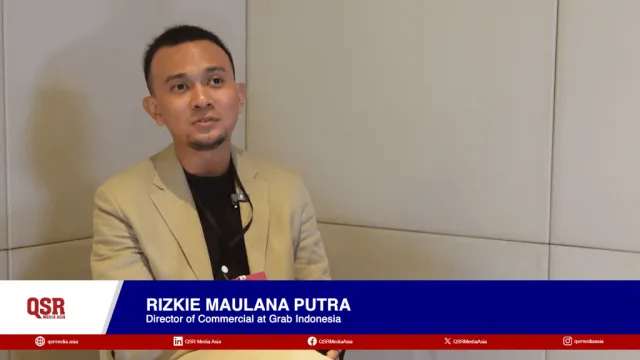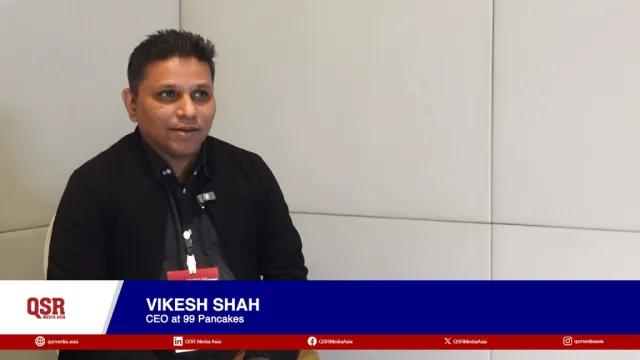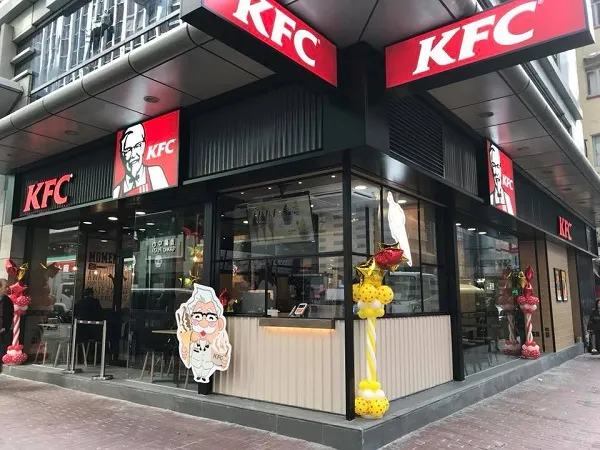
Can sustainability initiatives drive future returns for fast food chains?
KFC Hong Kong and Macau follows a string of chains in Asia and around the world that are reducing their plastic use.
In keeping with the fast food company’s commitment towards reducing its environmental impact, KFC will no longer hand out plastic straws and lids in all 71 outlets Hong Kong and Macau.
Customers, however, can still request straws and lids from the counter, while special drinks and takeaway beverages will not be affected.
“We understand the significance of the impact single-use plastics have brought to our environment, and thusly we want to do our part in striving for positive change,” said Janet Yuen, chief operating officer of KFC Hong Kong and Macau.
The suspension follows a successful trial of the programme at nine stores including Maritime Square branch, Whampoa branch and Shun Tak Center branch. KFC also noted that most customers did not request a plastic lid.
The chicken chain previously launched its No Straws Initiative in Singapore.
Globally, an estimated eight million tonnes of plastic is dumped into the ocean every year, killing marine life and entering the human food chain, according to the United Nations Environment Programme. A 2015 report by the environmental group Ocean Conservancy and the McKinsey Center for Business and Environment meanwhile says that China, Indonesia, the Philippines and Vietnam and Thailand together accounted for up to 60 percent of the plastic waste leaking into the ocean.
The five economies have “generated exploding demand for consumer products”, the report said, but lacked the waste management infrastructure to cope with the surge in plastic garbage.
The global sustainability trend
KFC’s initiative follows the current trend among QSRs towards sustainability. Rob Meaney, head of responsible investing at global consulting firm Mercer Ireland, wrote of the benefits of sustainable investing for businesses in an opinion piece for the Irish Independent.
“Sustainable investing has traditionally been seen as taking an 'ethical' stance, one reserved mainly for charities and university endowments. However, this is an archaic view. Sustainable investing actually involves a consideration of real risks likely to drive future returns, with environmental factors becoming more important as the world transitions to a lower-carbon, more sustainable economy,” he wrote.
Meaney noted that there is a bigger danger for companies to fall behind on environmental sustainability trends, with governments like the European Union imposing fines on those which fail to operate to the new standards of business.
And the industry is indeed changing. The iconic chicken brand is among the first global companies to address the issue, following industry giants McDonald’s and Starbucks.
In June, McDonald’s had announced that its restaurants in the UK and Ireland will complete transition to paper straws in 2019, while outlets in Belgium are trialing alternatives to plastic straws. Similar trials are planned for select restaurants in the U.S., France, Sweden, Norway and Australia later this year.
Starbucks, meanwhile, announced that it would eliminate plastic straws from its stores by 2020 and implement a transition to ‘sippable’ lids across its network of coffee chains.
Though they may not have the capability to eliminate plastic altogether, other companies are following suit in spirit. Pacific Coffee, which has hundreds of cafes throughout China, Hong Kong, Singapore, Macau and Malaysia, is encouraging its customers to bring their own mugs and return their plastic lids for discounts and upgrades on their coffees. The brand is also no longer handing out plastic cutlery in its stores, and has removed plastic straws from the condiment areas.
Apart from the suspension of plastic straws and lids, KFC Hong Kong also launched other green initiatives before, such as a smart hand washing machine which reduced water usage in 2014. KFC Hong Kong has also collaborated with NGOs such as Food Angel to promote waste reduction.
The company also has implemented waste recycling measures like the cooking oil recycling, passing the used cooking oil from its restaurants to qualified recyclers for it to be converted into biodiesel. Biodiesel has the potential to replace traditional gasoline and reduce air pollution.
In Singapore, KFC launched their green initiatives in December 2016, phasing out paper boxes for dine-in meals and switching to reusable baskets for dine-in orders. The following year, the brand introduced paper packaging for their breakfast platters and porridge bowls to replace foam packaging for their KFC morning menu. The initiatives reportedly saw a reduction of almost 5 million paper boxes and over 1.4 million sets of foam packaging in one year.
Currently, KFC Singapore says they will continue to review and rollout the use of more biodegradable packaging for their offerings as part of their ongoing eco-conscious efforts.
